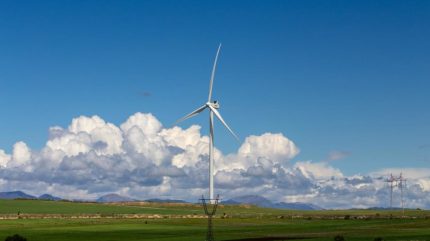
Georgia’s renewable energy potential could significantly enhance the nation’s energy security and reduce its energy trade deficit, according to a new report from the International Renewable Energy Agency (IRENA).
The report, ‘Energy Transition Assessment: Georgia’, underscores the country’s vast yet underdeveloped renewable resources, including hydropower, wind, and solar.
The assessment identifies approximately 15GW of hydropower potential in Georgia, of which less than one-quarter has been harnessed.
Additionally, preliminary findings suggest there are around 4GW of wind and 4.5GW of solar photovoltaic (PV) capacity yet to be exploited.
Despite these resources, Georgia’s domestic energy production meets less than one-quarter of its total energy needs, leading to a heavy reliance on imported fossil fuels.
IRENA director-general Francesco La Camera said: “Moving from import dependence to energy abundance is well within reach for Georgia.
“This assessment supports the country’s pathway toward its 2030 climate and energy commitments by identifying targeted, cost-effective actions that can enhance energy security, reduce the energy trade deficit, and deliver significant socio-economic benefits.”
The report is a collaborative effort between IRENA and the Ministry of Economy and Sustainable Development of Georgia.
It outlines a series of actions for the short to medium term aimed at accelerating the deployment of renewable energy and diversifying the country’s energy mix.
The report’s recommendations are also intended to guide the development of Georgia’s upcoming Nationally Determined Contribution (NDC 3.0) and ensure it aligns with the National Climate and Energy Plan.
The report emphasises the need for coordinated governance, increased grid flexibility, and enhanced access to finance to facilitate the energy transition. It also stresses the importance of involving municipalities and communities in the process.
The development of local value chains, enhancement of technical skills, and the establishment of a just transition framework are highlighted as crucial steps to maintain social equity during the energy shift.
Moreover, the report suggests targeted incentives to aid in the decarbonisation of the transport sector and calls for a comprehensive strategy to decarbonise end-use sectors, with a particular focus on heating and cooling.
Last year, IRENA warned that the world is unlikely to achieve its goal of tripling renewable energy capacity by 2030 if current slow growth rates persist.



